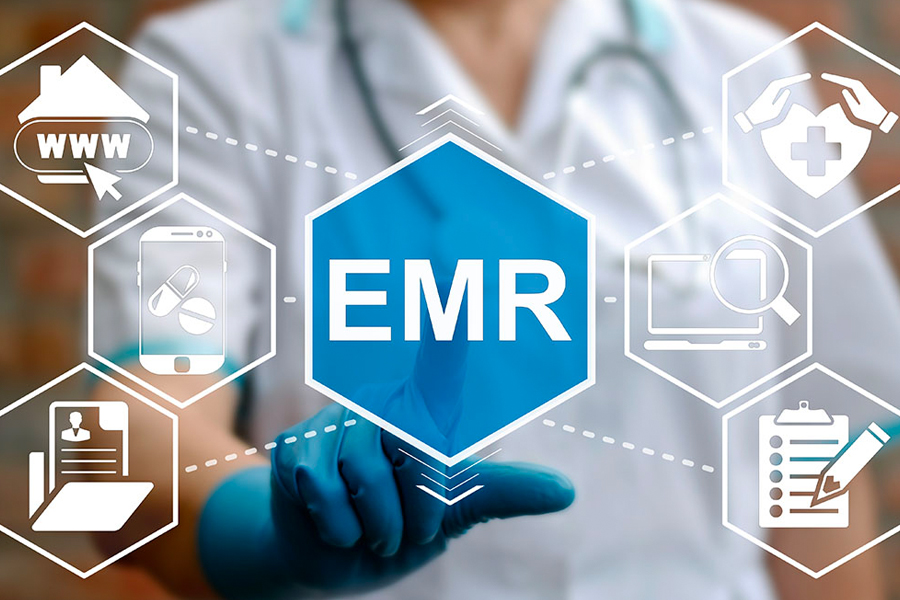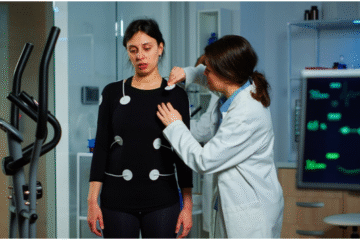Why Must Health Care Providers Consider utilizing EMR?

An EMR, or electronic medical record, is an electronic medical record that records every interaction between patients and doctors within a practice. These files, unlike paper records, are easily accessible by other healthcare providers.
An EMR’s data is stored in an electronic database. It can also be “computed,” meaning it keeps track of all messages sent and received by the practice. EMRs can also alert physicians and automatically detect medication conflicts. This information is vital for a physician because it is difficult to find in a paper-based environment.
EMR has many advantages
Better time management. A well-designed EMR will allow medical practitioners to manage their time better. EMRs will track all medication taken by a patient. The EMR will notify the physician if a patient is allergic if they have an interaction with any medication. It should be able to alert the doctor if a patient is suffering from a drug reaction or an allergy. It should notify the prescribing physician of adverse effects and recommend another medication.
EMRs are essential to the care of patients. The EMR ensures all patient records are digitally captured to view each stage of care. This can help patients save time and cut down on paperwork. EMR systems allow practitioners to view notes at any time. Patients can access their EMR system from their own homes to update their information, make appointments and ask questions.
It is efficient and reliable. An EMR should be able to access data quickly and securely and protect patient information. This will allow everyone to access vital data in one place.
EMRs will simplify workflow and allow physicians to engage patients better. It should also assist with practice management, insurance eligibility, and other aspects of the business.
CONCLUSION
An EMR is an electronic medical record that stores information about the care received by a particular practice. Other healthcare providers can easily access this automated information. EHRs, also known as electronic health records, track electronic messages and “compute” the data. It can identify medication conflicts and flag them for further review. It can help healthcare providers detect operational issues that take months, if not years, to place in a paper-based environment.
Are you looking for a reliable EMR Philippines? You can learn more about the benefits and features of SeriousMD.
Leave a reply
You must be logged in to post a comment.











